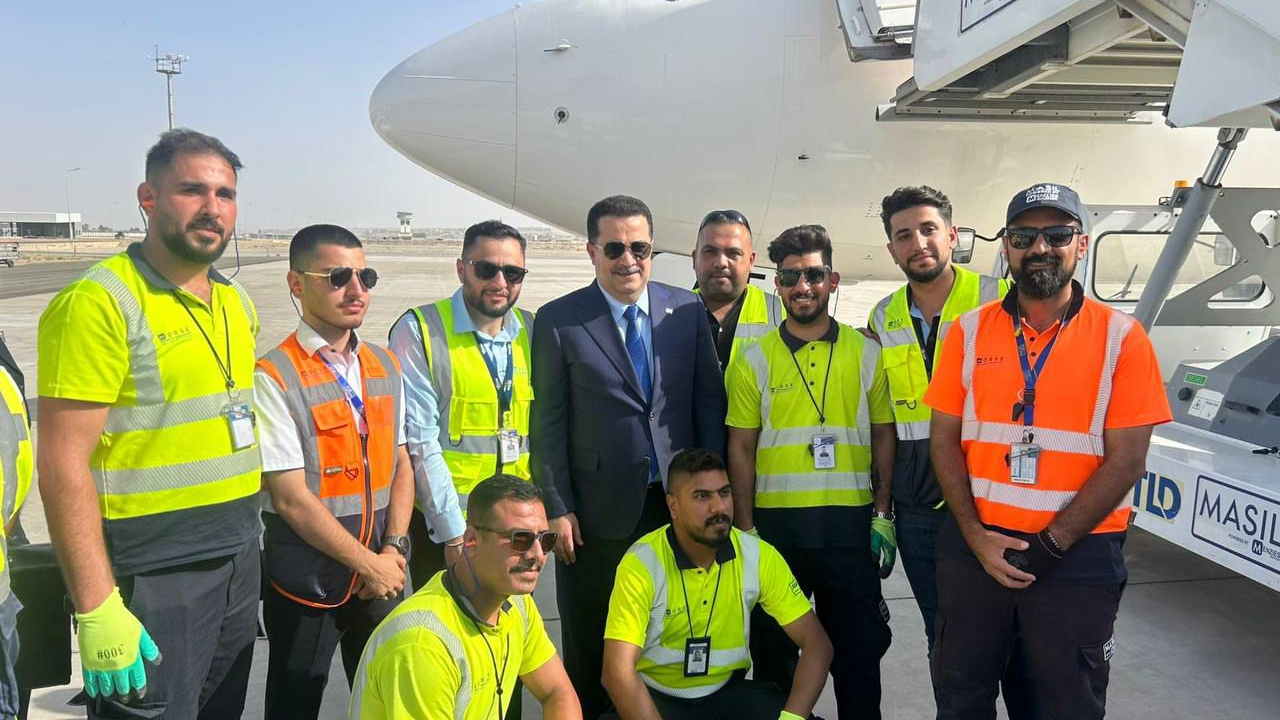Serco and Sharjah Department of Civil Aviation celebrate anniversary
International public services company Serco celebrates its 75-year partnership with the Sharjah Department of Civil Aviation.

Since 1947, Serco has provided a comprehensive suite of air navigation services (ANS) to the rapidly growing airport. Today, Sharjah Airport sees over 90,000 aircraft movements annually, a growth that has been continually supported by Serco and the Sharjah Department of Civil Aviation.
Sheikh Khalid Issam Al Qassimi, Chairman of Department of Civil Aviation-Sharjah, said: “We have a long and distinguished relationship with Serco that extends for 75 years. The company contributed to the major transformation of Sharjah Airport in air navigation services and meteorology. Our priority is to achieve aviation safety, adapt modern technologies, enhance air traffic services infrastructure and develop the skills of Emirati youth that will drive the aviation industry forward.”
Over the years the partnership has seen the evolution of the ANS industry and has driven forward with innovation. A key example is the installation of a new training simulator, in partnership with ATRiCS, that allows the airport to self-deliver key training elements and maintain competence without the use of external training providers.
Sheikh Khalid Issam Al Qassimi further commented, “the long business relationship with Serco, one of the world’s largest private air navigation services companies that provides services in the Middle East, is a testament to the longstanding trust we share with our partner and also showcases our commitment to develop the aviation sector in line with international standards. There are many achievements we have made together in the past 75 years.”
The partnership aligns with the government’s national vision and the goals of the two organisations, leading to the development of robust national progression programmes with high Emirati workforce targets to be reached by 2025. This is supported by bespoke training and growth plans that drive workforce sustainability, reducing reliance on an expatriate workforce.
Stay up to date
Subscribe to the free Times Aerospace newsletter and receive the latest content every week. We'll never share your email address.

